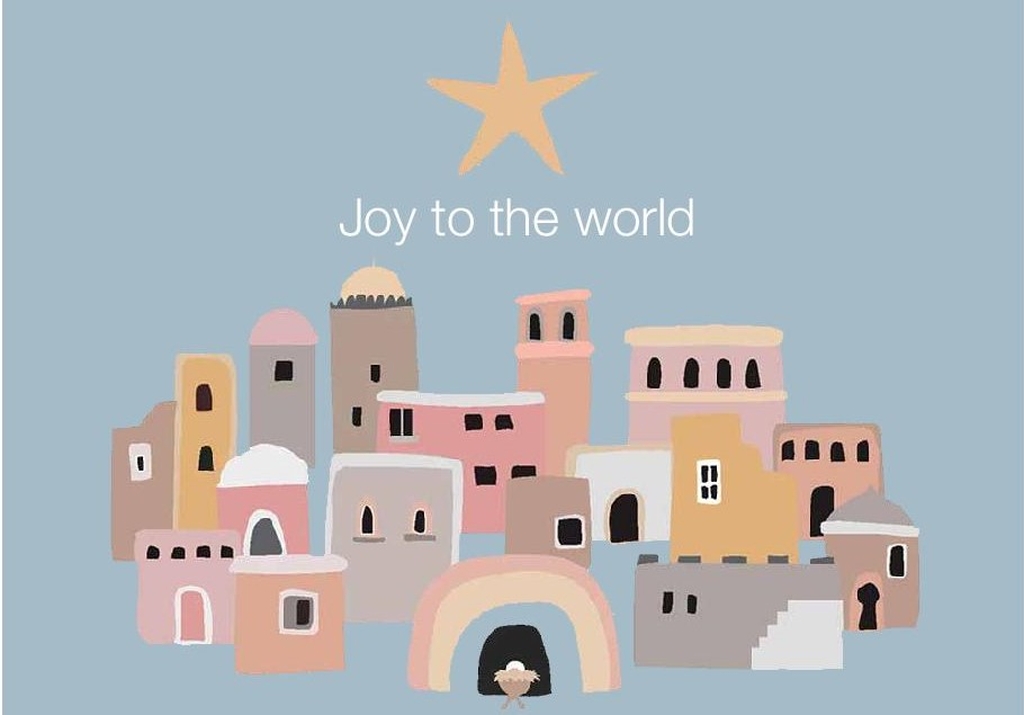Matthew 20.1-16
I hated this parable when I was a kid. Hated it. Along with the one about the Prodigal Son, I hated it because it was so unfair.
Like all children, I had a very strong sense of fairness and I knew with absolute moral certainty that things that were unfair were wrong, plain and simple. I identified completely with the older brother of the Prodigal Son, and with the aggrieved vineyard workers in this story.
I mean, this might have been because I’m an eldest child, the eldest of four. As a child it seemed to me - with some justification, to be fair - that I was always expected to work harder and behave better than my younger siblings. So these two stories really pushed my buttons. The older brother does what he is supposed to do, works hard, and then not only does his younger brother waste his inheritance, but his father seems to prefer him. And this story today – what a terrible employer the vineyard owner is! Treating his hard-working, responsible labourers so badly, showing favouritism to the slackers who came in late.
Of course, as an adult I came to see that these two parables are actually about God’s generosity, about the endless abundance that God shares with everyone, whether we deserve it or not. And, since none of us deserve it, none of us, I came to see that the parables are also about God’s mercy. My childish understanding was focussed on fairness, on justice – but I failed to see that fairness and justice are much, much smaller than mercy.
In fact, by asking God for justice I was actually asking for much less than God was willing to offer me. Because God doesn’t give us what we deserve. And thank God for that, because what we deserve is – well, not much at all. Nothing, really. And yet God continues to give and give and give, out of God’s endless mercy to us.
And actually, Child Anna would have done better to remember a different kind of unfairness, one which God actually deals with in this parable. A different kind of unfairness – not the kind of unfairness which is about not getting extra, but the unfairness of not getting anything. The unfairness of exclusion. Of being the outsider. The unfairness of being the person who never gets picked.
I really should have been able to see that in this story, because I was that kid who never got picked for team games. Some of you will know what I mean. That awful thing when the team captains look at a long line of kids and one by one pick the best kids to be in their team.
Some of you, I know, were the first to be picked. Some of you were the team captains. Not me. I was the clumsy kid at the end of the line who could run, couldn’t catch a ball and never once scored a goal. The last kid to be picked.
And now, as an adult, that’s what I see when I read this story. I see the last people to be picked and my heart breaks a little bit for them. We don’t know why the vineyard owner goes out again and again to the market to find more workers – but we do know that every time he finds more people. People who haven’t been picked.
I wonder about those workers. Why hadn’t they been snapped up already? Why have they been standing about, with no one offering them work? Maybe they were just unlucky, maybe there just wasn’t much work that day. But maybe not. Maybe they weren’t picked because no one liked the look of them, because they didn’t fit in – they weren’t from round here, they didn’t look like the rest of the workers, maybe they were foreign even.
Or maybe they looked like they couldn’t do a good day’s work –why would anyone pick a worker who isn’t up to the job, after all? Maybe this lot didn’t look as strong and fit as the others. But maybe that’s because they were old. Or poor – with the kind of poverty that makes you thin and tired and pale. Or maybe they weren’t picked because they were disabled.
But this vineyard owner, the one I thought was being unfair, sweeps them all up, provides for them all. This vineyard owner isn’t at home in his chateau, watching the workers gather his harvest – he is out in the market making sure that everyone is given a chance to earn, to eat, to make a contribution. And as the workers gather in the harvest, the vineyard owner gathers in the people – all of them, no one left behind, all safely gathered in.
That puts a different face on it, don’t you think? This vineyard owner, this God, misses no one out. Values everyone. Seeks them out, over and over again.
And thanks be to God for that.
But here’s one last thought for you. It is easy to recognise God in the vineyard owner. But parables often carry many meanings and here is one for you to think about.
What if we are also the vineyard owner? What if we too are expected to behave, not just with fairness and justice, but with abundant generosity and mercy? What would that look like? What would it mean in your life next week if you were to act like this vineyard owner?
I will tell you one thing for certain. God isn’t at home – God is out in the marketplace looking for people. And so I pray that we too might be out in the world, offering God’s generous love and abundance to the people we meet.
Especially the people who don’t usually get picked. Amen.








